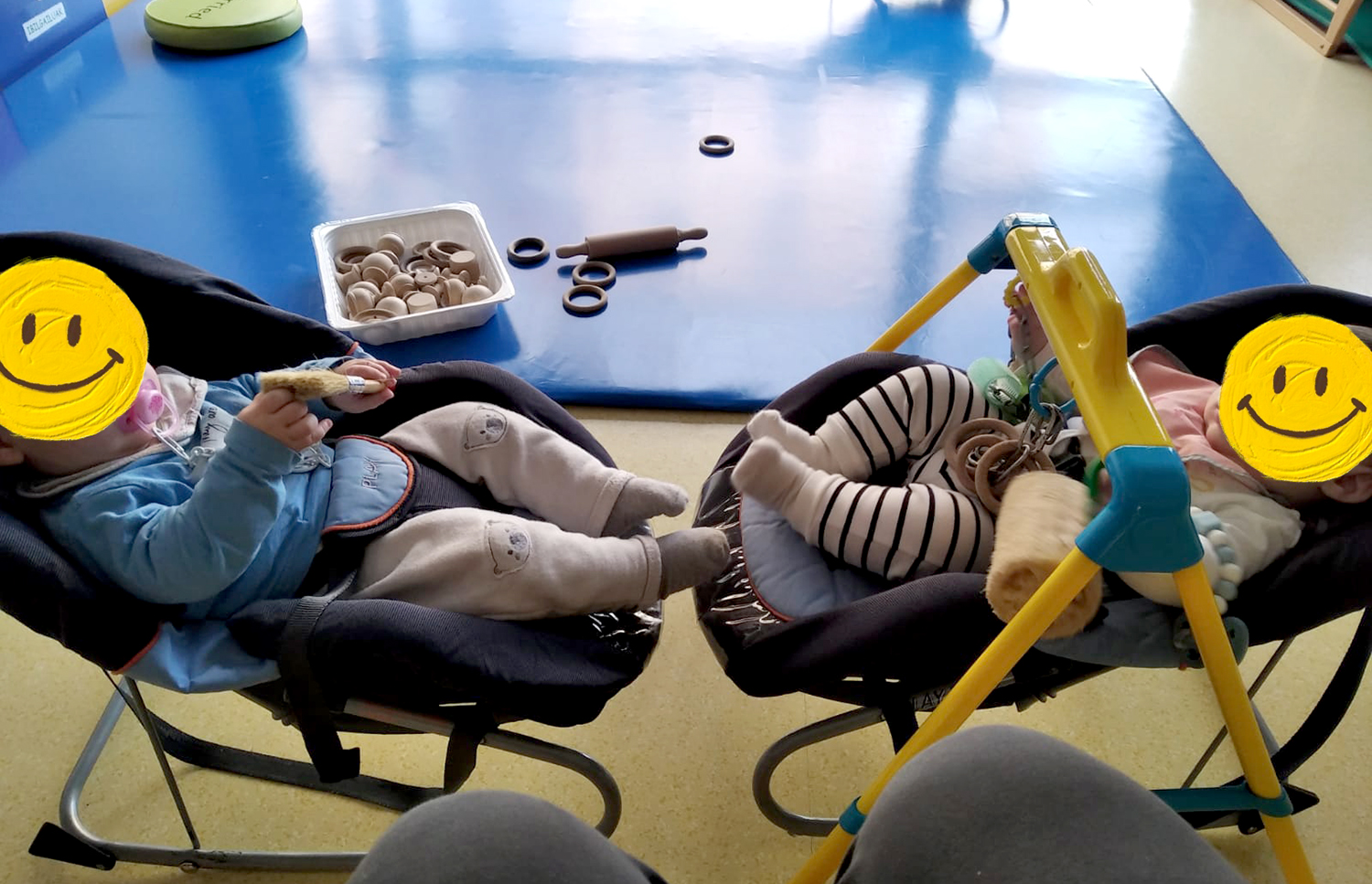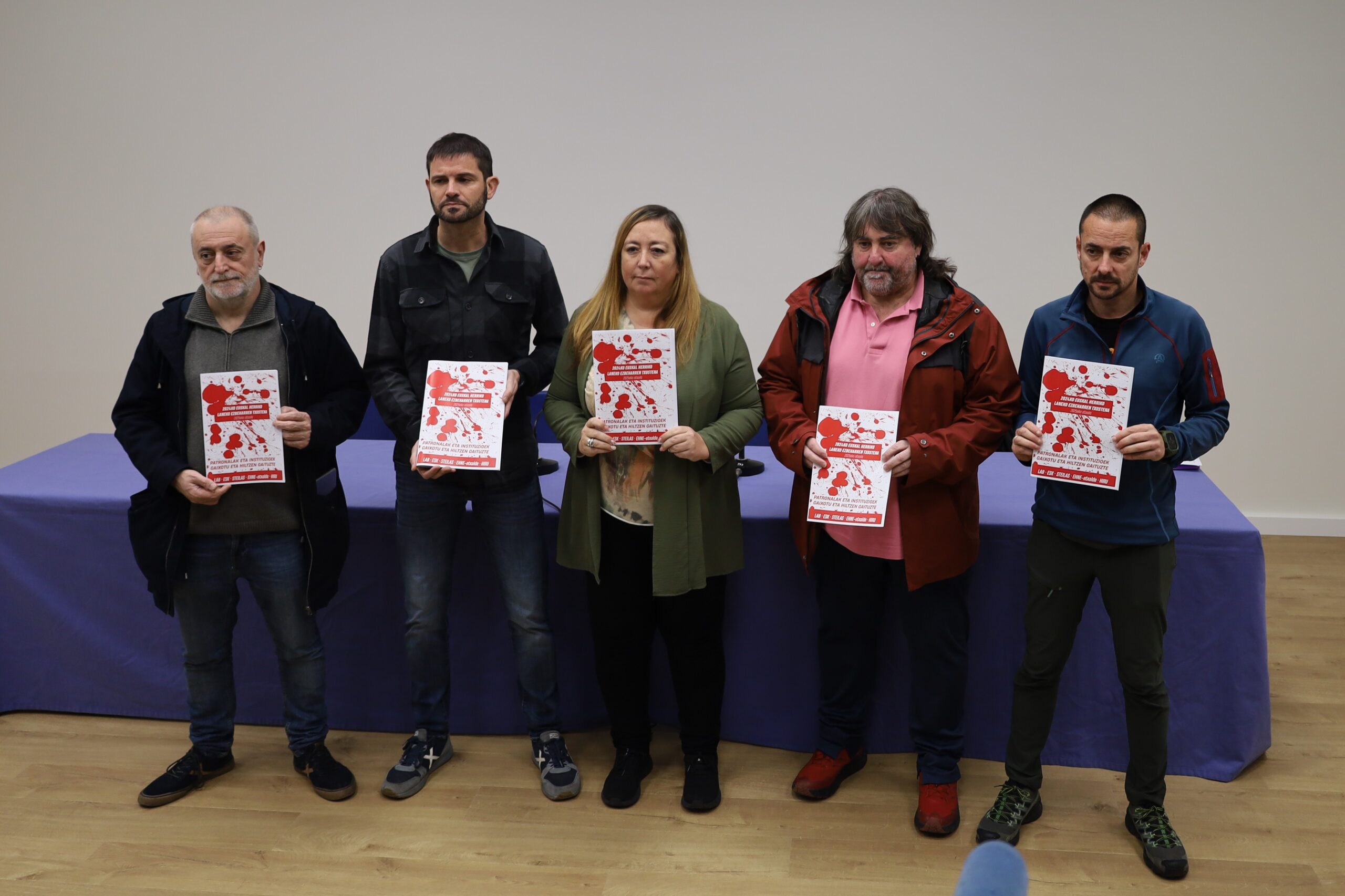The increase in CPI as a predictor of poverty

At the moment, the CPI of Hego Euskal Herria higher than 4% [the INE Statistics Institute has announced an increase of 5.5% in the Spanish State] announces that the wage update process will be conflicting. In addition, we can foresee the loss of purchasing power of the majority of workers without significant deterioration risks. Conventions that have rejected the CPI reference, increases to be decided by the administration, the capacity of companies not to apply the convention unilaterally depending on the time... There is no shortage of formulas.
It is essential to analyse the issue of CPI (Consumer Price Index) from this point of view, but we will look with due attention to the situations of those on the margins of the world of work. Those who have no chance of defending their salaries, operating in a non-regular labour market, receiving social benefits, will certainly be those who will particularly lose and suffer from purchasing power. Because the CPI is the same for everyone, but the consequences of its circumstances are not.
Increased living will particularly penalise widows, low-income workers and workers who have to meet the basic needs of life through subsidies. In general, people with few incomes but with a lot of expenses. We have already begun to hear that the growth of the CPI is going to create problems for companies, that the evolution of public spending is going to worsen, that it is going to harm wages ... Yes. But the most dramatic consequence of this rise in CPI is that poverty will increase. Little has been said about that yet.
This model, which has made our living conditions dependent on purchasing power and made us dependent on the market, has brought us back to the CPI. But the problem that we have in front of our eyes is poverty, and we can't look elsewhere.
The Department of Education doesn't understand why public employees have gone on strike. He's got to ask the LAB Syndicate. This union signed an agreement with the department in April 2023. Two years later they have also called for a strike because, unlike the previous ones, the... [+]
The year 2025 will lead to a general policy of establishing shorter working weeks, bringing low costs for new hires for companies and an effective direction of change in labour relations.
With the aim of complying with the Spanish government agreement, the reform to shorten the... [+]




















.jpg)
